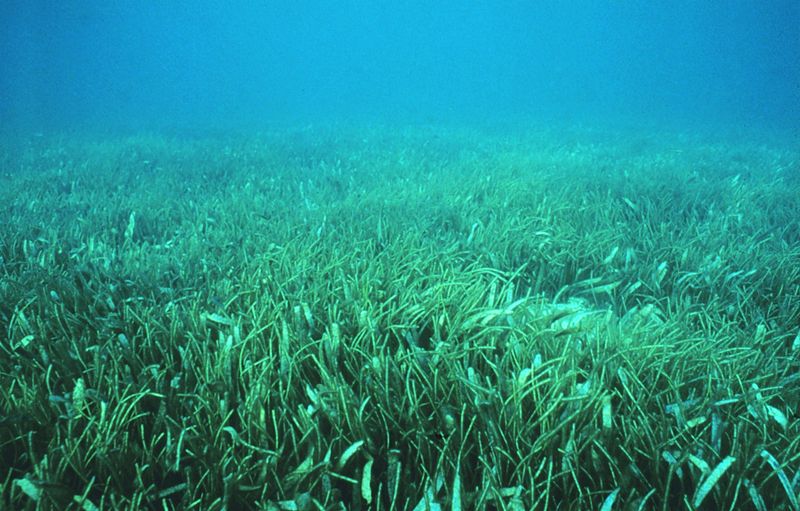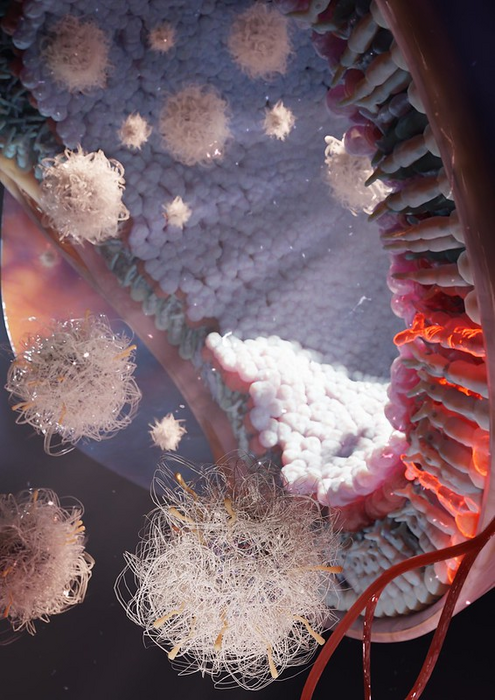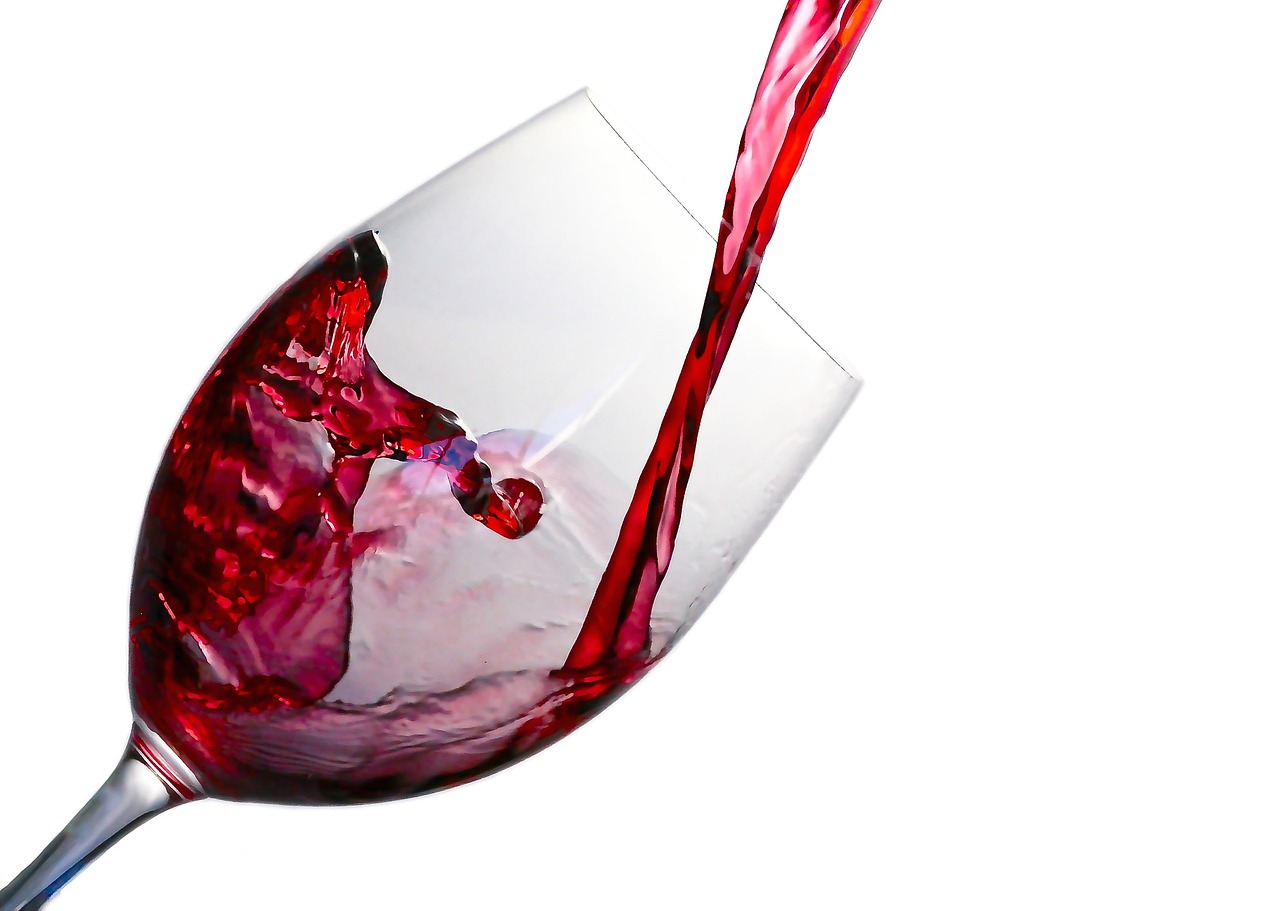The degradation of coastal habitats, ecosystems, and fisheries is a global concern. There is a dire need to restore ecological services of marine degraded ecosystems.
Around the world, human impacts and other developments have damaged marshes, mangroves, coral reefs, and seagrasses in many bays and estuaries. Loss or shrinkage of these habitats has impacted many types of aquatic life. Not only this, but it has also made coastlines more vulnerable to floods and storms.
A most successful marine restoration effort
The project, led by the Virginia Institute of Marine Science and The Nature Conservancy, reintroduces eelgrass into Virginia coastal bays using a novel seed-based approach. This 20 year plus project, has put forward one of the great success stories in marine restoration.
Researchers spread over 70 million eelgrass seeds on plots covering more than 200 hectares. As the result, this project has restored 9,600 acres of seagrasses across four bays. Long-term monitoring of the restored seagrass beds has revealed many positive results.
Researchers found substantial increases in fish and invertebrate abundance, water clarity, and the trapping of pollution-causing carbon and nitrogen.
Dr. Robert “JJ” Orth of the Virginia Institute of Marine Science, said, “Human activities are degrading coastal habitats worldwide,” says Orth. “Our study serves as a blueprint for restoring and maintaining healthy ecosystems to safeguard multiple benefits as we move into an uncertain future.”







